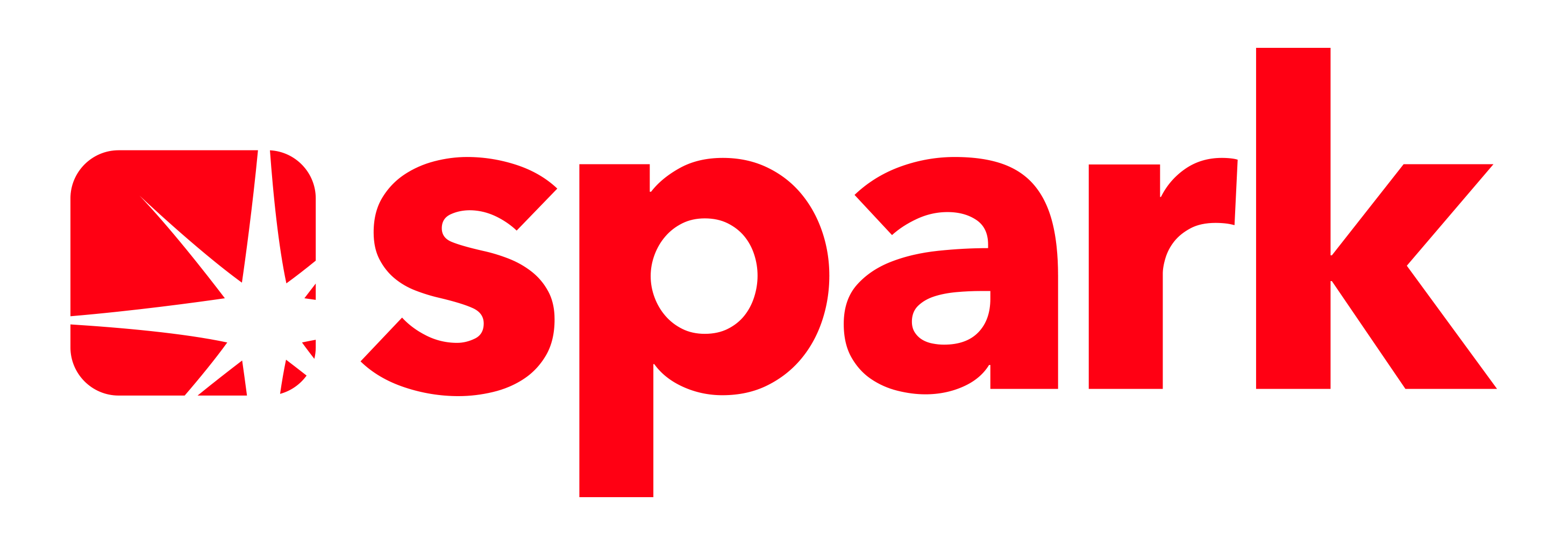Federal
1. The federal tax credit covers 30% of an EV charging station, necessary equipment and installation costs. For residential installations, the IRS caps the tax credit at $1,000.
Federal Tax Credit for Residential EV (rebates4evchargers.com)
2. The US Environmental Protection Agency (EPA) is offering $3 Billion for port authorities and state, regional, local, and tribal agencies with jurisdiction over ports, and air pollution control agencies to deploy zero-emission port equipment and to purchase and install charging infrastructure through its Clean Ports Program. EPA will provide reimbursement of up to $500 Million, up to 80-90% of total eligible project costs, depending on applicant and project details. Applications will be evaluated competitively and will be accepted between February 2024 and May 2024.
3. The National Electric Vehicle Infrastructure Formula Program allocates $5 billion in funding for EV charging infrastructure across 75,000 miles of highway across the country. Your organization must be within one mile of an established alternative fuel corridor to qualify and may need to meet other requirements as well.
South Carolina
1. Duke Energy offers to install and maintain direct current fast charging (DCFC) stations across Duke Energy’s service territory at no cost to site hosts until 2026. DCFC stations will be installed at a maximum of 30 locations and site host applications will be reviewed on a first-come, first-served basis. Eligible sites must be located within one mile of a major interstate or highway and the DCFC stations must be publicly accessible. Additional terms and conditions apply. For more information, see the Duke Energy Host an EV Fast Charger website.
2. Santee Cooper offers residential customers a rebate of up to $250 for the purchase of a qualified Level 2 EV charging station.


